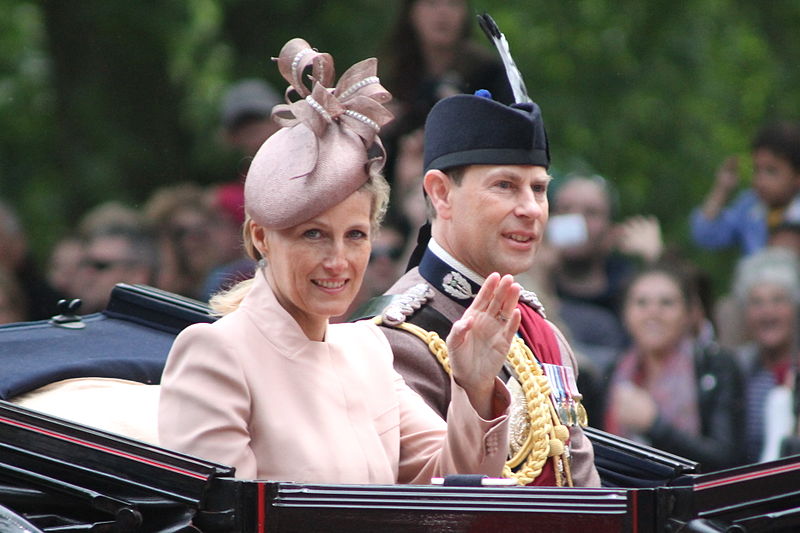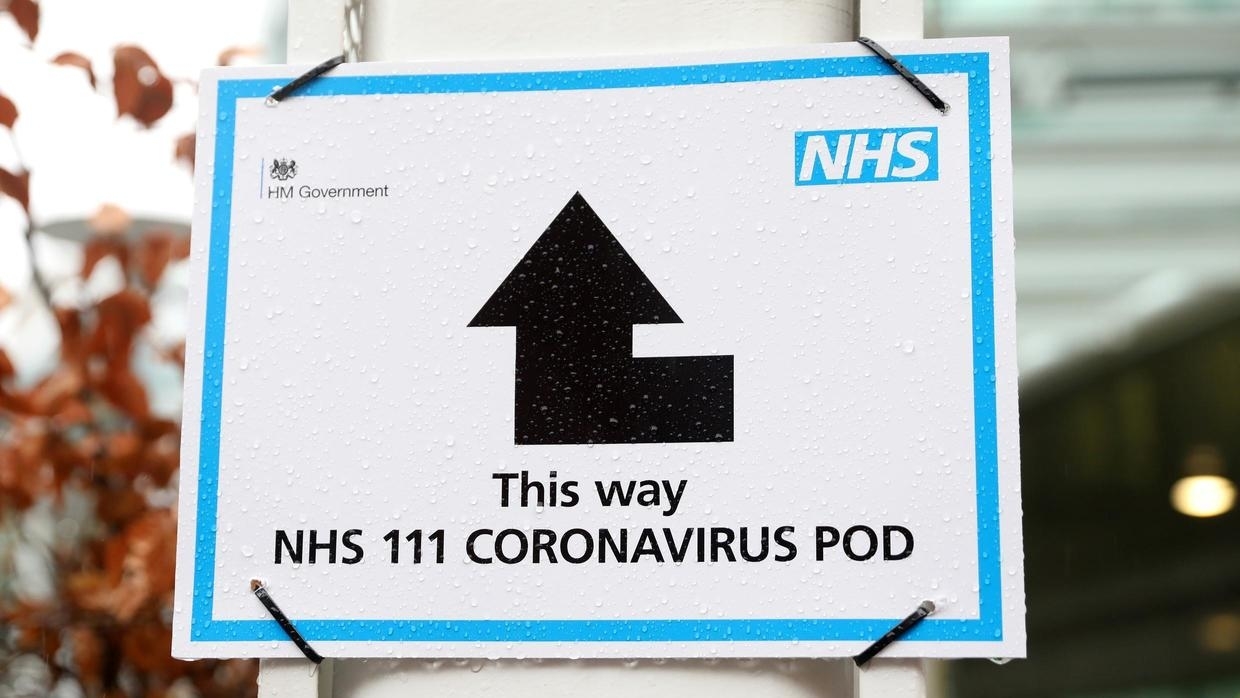
The Labour government has unveiled a £5 billion package of welfare cuts, tightening eligibility for Personal Independence Payment (PIP), a move set to impact a significant number
of claimants.
Stricter PIP criteria
Work and Pensions Secretary Liz Kendall outlined the controversial reforms in the House of Commons, including changes to PIP eligibility. PIP, a benefit designed to help disabled individuals with extra living costs, consists of two components: a daily living part for those struggling with everyday tasks and a mobility part for individuals with difficulty moving around.
Under the new rules, applicants must now score at least four points in one activity to qualify for the daily living component. The mobility element remains unchanged.
Kendall defended the move, arguing that the system must prioritize those in "greatest need." She highlighted that more than 1,000 new PIP claims are approved daily, equivalent to adding a city the size of Leicester to the system annually—something she described as "unsustainable."
Universal credit changes
The reforms also include changes to Universal Credit (UC):
The work capability assessment—a process determining eligibility for extra health-related UC support—will be scrapped by 2028.
The standard UC allowance will rise by £775 by 2029/30.
The health top-up for UC will be frozen for existing claimants and reduced for new ones from April next year.
The government will consult on delaying health top-up payments for those under 22, redirecting savings to work support programs.
Labour has also announced a "right to try" initiative, ensuring claimants can attempt to work without risking their benefits. Additionally, the government will explore merging Jobseeker’s Allowance and Employment Support Allowance into a time-limited unemployment insurance with higher payouts.
Lack of clarity on impact and savings
Despite the sweeping changes, Labour has delayed publishing impact assessments and details on how many people will be affected. The full breakdown of the £5 billion savings remains unclear, with further details expected in the Spring Statement.
Political reactions
SNP Westminster leader Stephen Flynn condemned the cuts, warning they would "harm the most vulnerable" and push disabled people into poverty, describing them as the start of "a new era of austerity" under Labour.
Scottish Labour, however, rejected claims of austerity. Leader Anas Sarwar argued that overall spending would increase, insisting Labour's approach was about fixing a "broken" benefits system left by the Tories. Photo by [2], Wikimedia commons.






























































